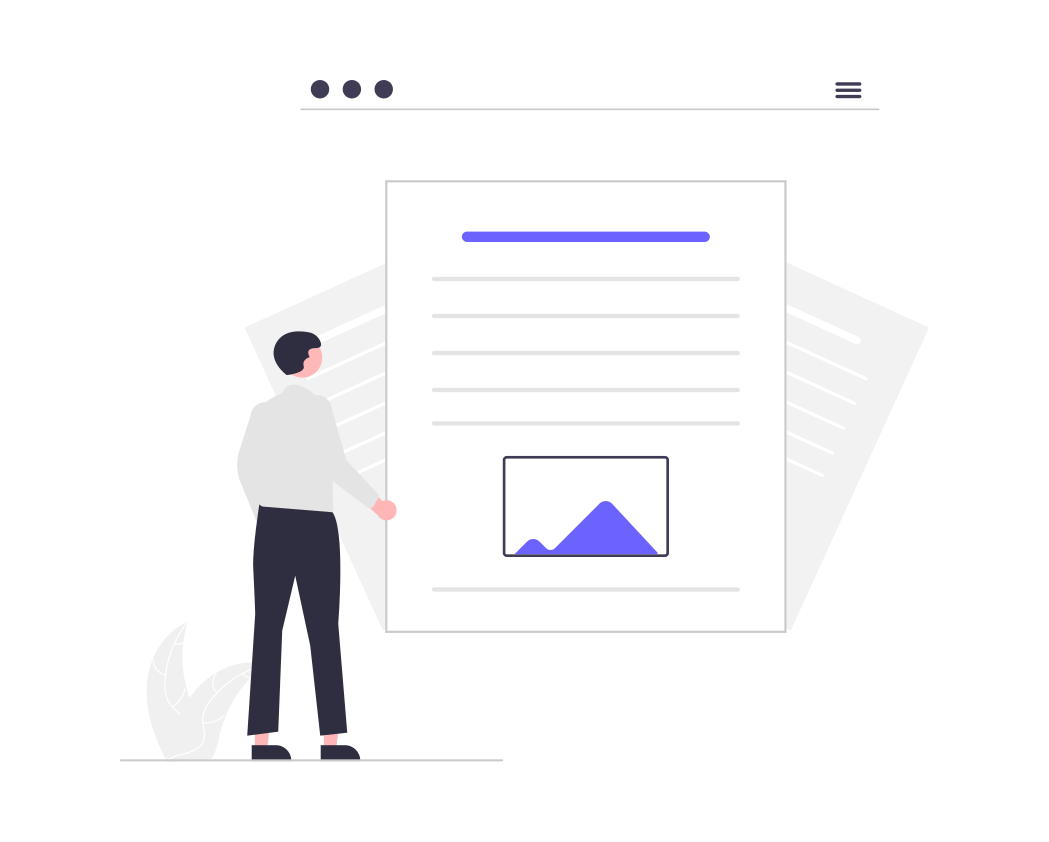
Data scraping plays a significant role in research and journalism by providing a means to collect, analyze, and uncover valuable information from a wide range of sources. Here are some ways data scraping is utilized in research and journalism: Data Collection: Data scraping allows researchers and journalists to gather large volumes of data from various online sources, including websites, social media platforms, government databases, and online repositories. This data can be used to analyze trends, patterns, and insights relevant to their research or news reporting. Public Opinion Analysis: Data scraping from social media platforms, forums, and comment sections can help researchers and journalists gauge public sentiment, opinions, and reactions on specific topics or events. Data Verification: Journalists often use data scraping to verify information and claims made by sources or public figures. By cross-referencing data from multiple sources, they can corroborate or debunk statements. Investigative Journalism: Data scraping is a valuable tool for investigative journalists to gather data and evidence for in-depth reporting on complex issues. It enables them to access public records, financial data, and other information that may not be readily available. Market Research: Data scraping can be used by researchers to collect market-related data, track competitors' activities, and analyze consumer behavior. Text Analysis: Researchers and journalists use data scraping to collect text data for sentiment analysis, natural language processing, and topic modeling. Data Journalism: Data scraping is instrumental in data-driven journalism, where large datasets are analyzed to uncover stories and trends that may not be immediately apparent. Historical Data Analysis: Data scraping is employed to collect historical data from archives and websites, enabling researchers to study past events and trends. Academic Research: In academic research, data scraping can be used to gather data from academic journals, research papers, and online databases for literature reviews and quantitative analysis. Polling and Surveys: Data scraping can be utilized to collect data from online polls and surveys to understand public opinions on specific issues. It's important to exercise caution and ethical considerations when using data scraping for research and journalism: Data Privacy and Consent: Ensure that data scraping complies with relevant data protection regulations and respects the privacy rights of individuals. Copyright and Fair Use: Be mindful of copyright laws and ensure that scraped content is used responsibly and within the boundaries of fair use. Website Terms of Service: Adhere to website terms of service and avoid scraping websites that explicitly prohibit or restrict web scraping. Data Quality: Validate and verify the accuracy of scraped data before using it for research or reporting.
Get Access To Most Accurate and Comprehensive Contact Database